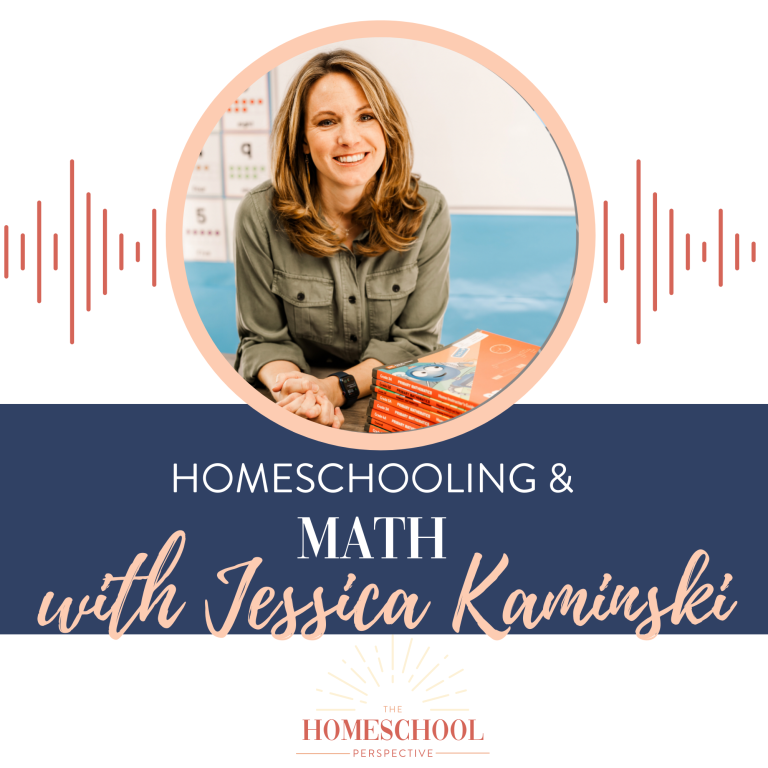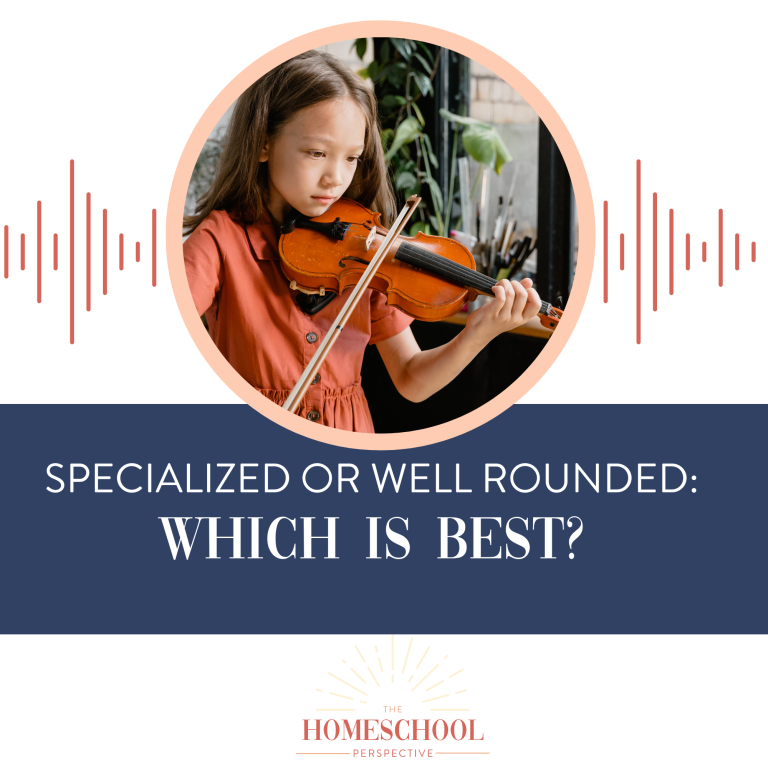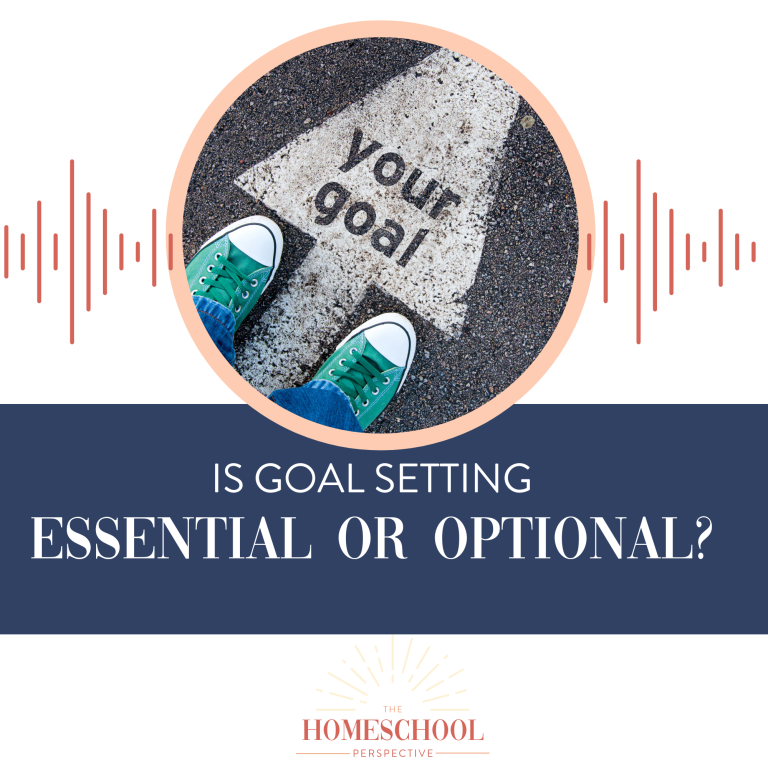the impact of play in your homeschool
When you think of “play,” do you imagine toddlers stacking blocks or children running around a playground? While those are classic examples, play is much more than a childhood pastime. It’s an essential, lifelong tool for learning, connection, and growth. Whether your child is exploring the world as a toddler or preparing to graduate, play is a cornerstone of their development—and, surprisingly, an important tool for adults too.
On this week’s episode of The Homeschool Perspective, we explored the transformative power of play. Play isn’t just frivolous fun; it’s immersive creativity, problem-solving, and stress relief rolled into one. When children play, they practice empathy, explore different perspectives, and stretch their imaginations. For teens and even adults, play can mean learning a new skill, competing in a way that feels energizing, or engaging in an activity that sparks joy.
Why Play Changes as We Grow
As children grow, their play evolves. For toddlers, it might involve stacking blocks or splashing in water, while teens and young adults might gravitate toward more individualized or skill-based activities. Learning to knit, building intricate Lego worlds, or even experimenting with nail art can all be forms of play.
The key? Play should feel joyful and free from excessive pressure. For some families, playful competition like board games or sports is energizing. For others, play thrives best in calm, creative pursuits like art, cooking, or imaginative storytelling. Understanding each child’s personality is essential to fostering meaningful play.
Play for Parents: Reconnecting with Joy
As parents, it can be easy to lose sight of play in our own lives. The pressures of adult responsibilities often push play to the sidelines, but it’s worth making time for. Whether it’s through a shared game with your children or a personal hobby, rediscovering play can lighten the emotional load and strengthen your connection with your kids.
For parents who find play doesn’t come naturally, start small. Sit on the floor with your children and let them guide the activity. Set a timer for 15 minutes and allow yourself to fully engage without distractions. Play isn’t about perfection—it’s about presence.
Balancing Screens and Play
In today’s digital age, the role of screens in play is a hot topic. Video games like Minecraft, which encourage creativity and problem-solving, can offer valuable play experiences—but moderation is key. Studies show that excessive screen time can impact sleep, independent play, and even behavior.
To find balance, consider limiting screen time and pairing it with other forms of play. Encourage your children to explore outdoor activities, imaginative play, or shared family games. Remember, the goal is to give children space to grow their creativity and problem-solving skills while maintaining a healthy relationship with technology
Play is the Work of Childhood—and Adulthood
As Mr. Rogers once said, “Play is often talked about as if it were relief from serious learning, but for children, play is serious learning.” Play is where children practice life skills and build connections. For parents, it’s a way to reconnect with their kids and create memories that last a lifetime.
So, whether you’re sitting on the floor building Legos, cheering during a board game, or leading a “sock-pairing competition,” remember that play is about connection. It’s not about the activity itself but about stepping into your child’s world and sharing their joy.
Take a deep breath, let go of expectations, and rediscover the power of play—one joyful moment at a time.
Step 3: Resources Mentioned in the Episode
- Key Quotes:
- Mr. Rogers: “Play is often talked about as if it were relief from serious learning, but for children, play is serious learning.”
- Piaget: “Play is the work of childhood.”
- Ideas for Play Activities:
- Games like Uno or Ticket to Ride
- Sensory play with water or bubbles
- Building with Legos or engaging in Minecraft world-building
- Books and Resources:
- The Boxcar Children series (recommended for audiobooks)
- The Homegrown Preschooler for play-based activity ideas






